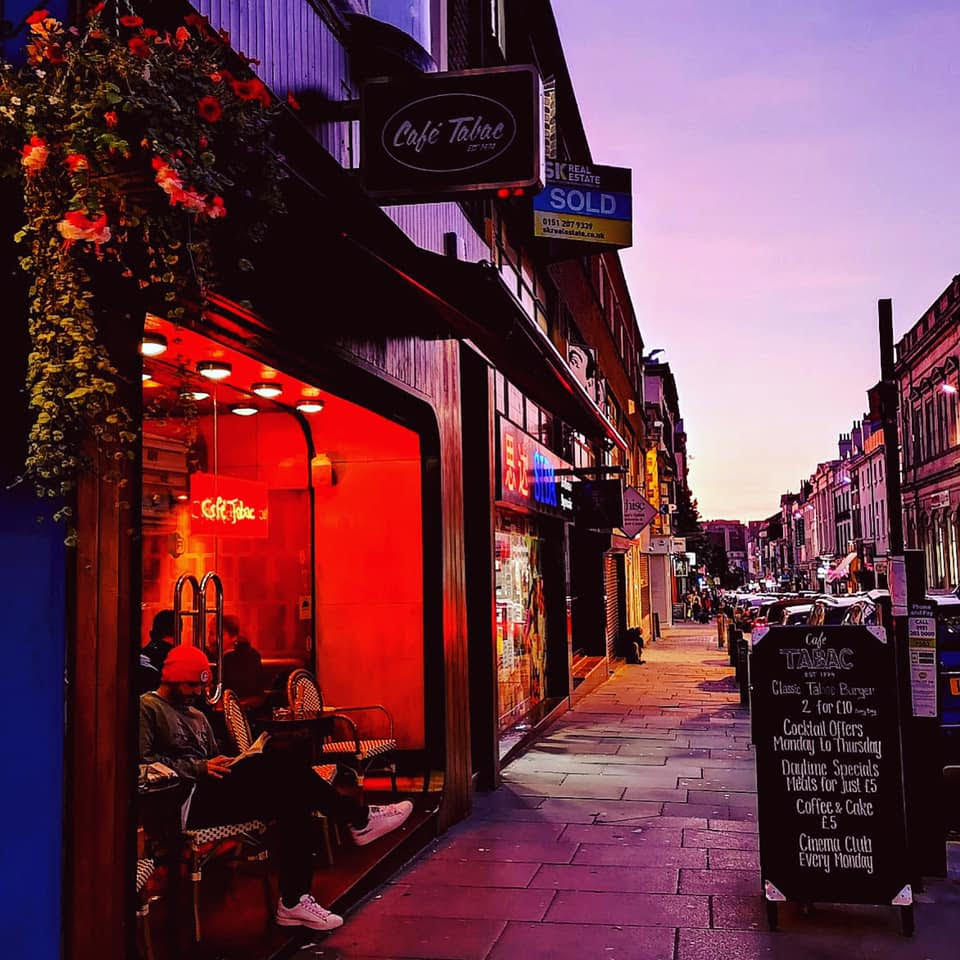
Latest
Here are the Liverpool street names being considered for slavery memorial plaques
4 years ago
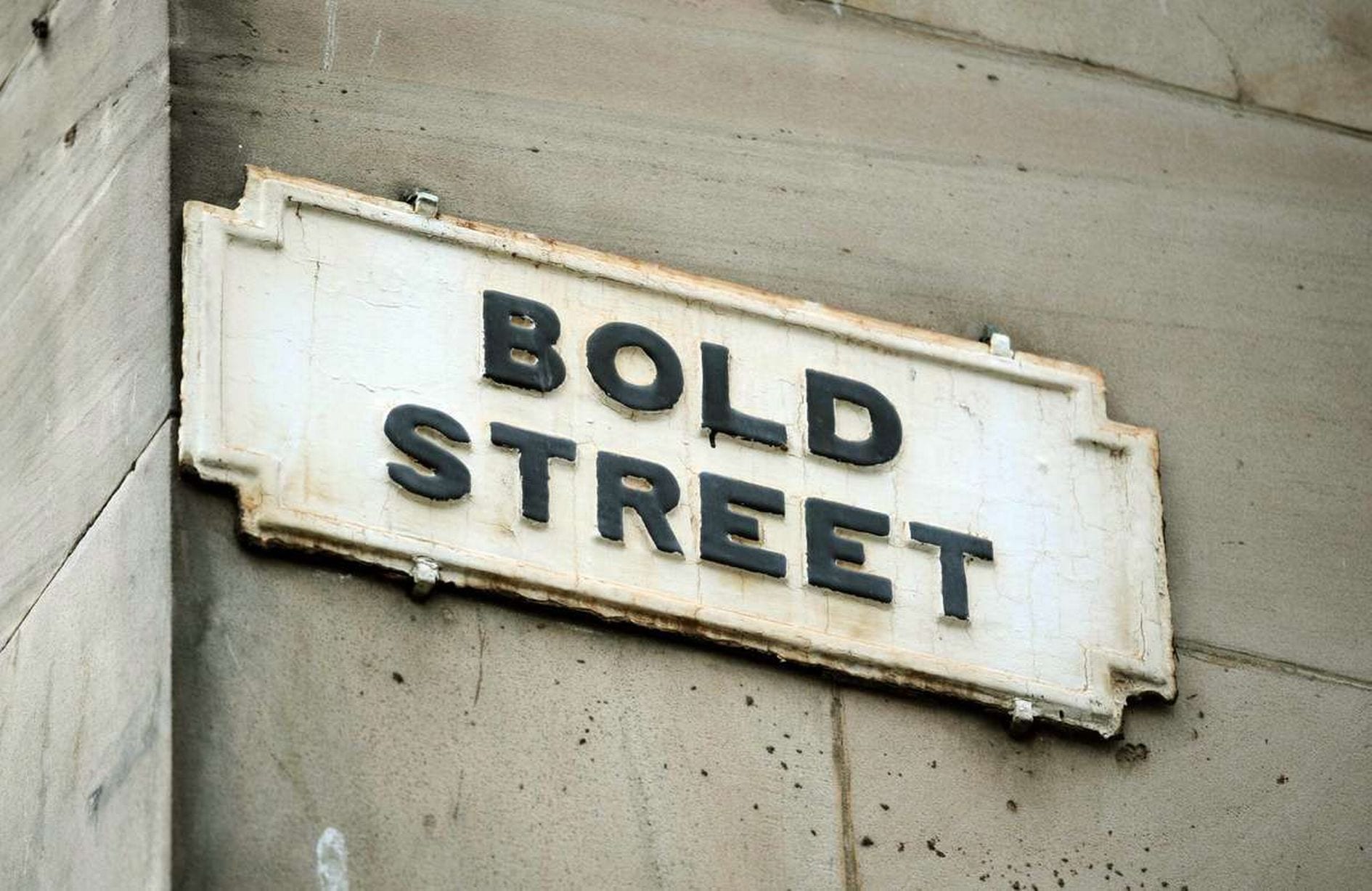
Plaques could be placed around the city to acknowledge its central role in slave trading.
Today is Slavery Remembrance Day (Sunday 23rd August) and one of the things happening in Liverpool to mark the day include the naming of the first 20 street names in the city to be considered for plaques explaining their links to slavery.
Liverpool City Council passed a motion in January committing to the placing of plaques and other public notices to explain the city’s heritage and its links to slavery on statues, buildings, monuments and street names.
Mayor Joe Anderson asked National Museums Liverpool and a number of community organisations to advise on how the city’s history is explained and contextualised for both visitors and residents.

A special panel was set up which has recommended the creation of ‘Eric Lynch Slavery Memorial Plaques’,named in honour of Eric Lynch, an honorary Ghanaian chief who is a descendent of African slaves and spent his life drawing attention to the city’s slavery history. He ran a slavery tour for decades and successfully campaigned for the city’s International Slavery Museum, which opened in 2007.
The streets being considered are in some way linked with slavery, such as being named after slavers orplaces connected with the trade. This first list to be considered are also located in areas that frequently feature in walking tours of the city, adding to the heritage experience of visitors as they explore our streets.
#ICYMI | Liverpool City Council and local organisations have identified street names that will receive new plaques explaining their links with the slave trade.
Read more: https://t.co/gzo1mOUlsM #SRDAtHome #RememberingSlavery pic.twitter.com/FcCIE6yddE
— Liverpool City Council (@lpoolcouncil) August 23, 2020
The streets are:
- Falkner Square
- Falkner Street
- Blackburne Place
- Bold Street
- Seel Street
- Slater Street
- Colquitt Street
- Parr Street
- Tarleton Street
- Clayton Square
- Brooks Alley
- Campbell Square
- Hardman Street
- Cases Street
- Cleveland Square
- Goree
- Houghton Street
- Knight Street
- Oldham Street
- Renshaw Street
- Sir Thomas Street
The partners involved in the project are:
- Liverpool City Council
- National Museums Liverpool
- Liverpool Black History Research Group
- Kuumba Imani Millennium Centre
- Mandela 8
- The family of Eric Lynch
The next step is to identify if a suitable location can be found to place a plaque in each street.
Separately, Mayor Joe Anderson has also recently appointed Tracey Gore as chair of a new race equality taskforce, set up to devise a plan to reduce inequalities in the city.
Mayor of Liverpool Joe Anderson said:
“I am grateful to the street names advisory panel for their work over the last few months. We have to be led by our communities on how to do this and do it in a way that is sensitive to both our past and our present. I do not believe that changing street names is the answer – it would be wrong to try and airbrush out our past.
“It’s important that we have a sensible and informed discussion about these issues. We need to judge the past with a historical perspective, taking into account today’s higher ethical standards and, most importantly, how everyone, from every community in the city feels about it. As we understand our past we can also focus on our future for the black and BAME communities in our city.”
Michelle Charters, Chair of the Advisory Panel, said:
“From my very first visit on one of Eric Lynch’s Slave History Tours, I committed then to ensure that this part of our City’s history would never be forgotten.
“I am delighted that Mayor Joe Anderson, the City Council, National Museums Liverpool, Laurence Westgaph and Eric Lynch and his family alongside the community organisations have been able to come together and realise that dream.
“This is a perfect example of collaboration and partnerships between sectors, who are all committed to tell the truth and start to uncover the hidden slavery history of Liverpool.”
Andrew Lynch, son of Eric Lynch, said:
“Eric Lynch and his family are deeply moved and proud that local organisations and the City Council have chosen to honour his work in such a tangible way.
“These plaques are a tribute to Eric’s long years of work as a Black community activist and educator, teaching the people of Liverpool to acknowledge and understand their historic inheritance in an honest and open way, and uncovering the true contribution made by Black people throughout the growth and life of our great city.”

Dr Richard Benjamin, Head of the International Slavery Museum, said:
“This is a step in the right direction and paves the way towards contextualising transatlantic slavery within the Liverpool built environment.
“The International Slavery Museum is an active, anti-racist, social justice museum and as such we need to play our part in such discussions and initiatives.
“We are witnessing debates about problematic monuments, decolonising museum spaces and education systems and social movements such as Black Lives Matter are rightly gaining global attention. Museums need to be at the forefront of these conversations.
“We will continue to work closely with the Council, local communities, historians and other cultural partners to make sure that Liverpool leads the way in acknowledging its past – so that as a city we can progress.”



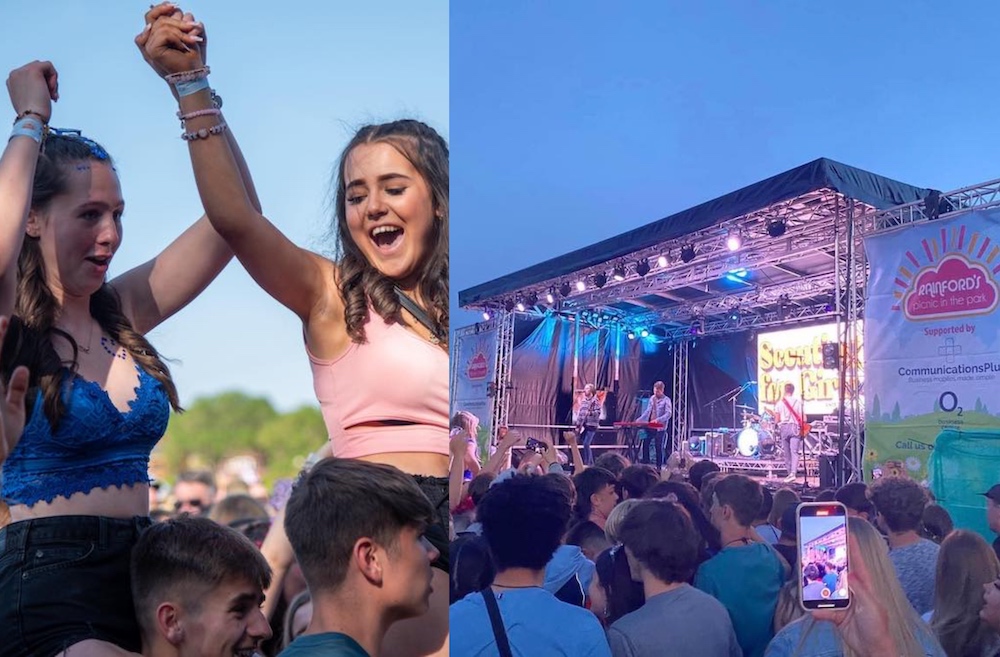

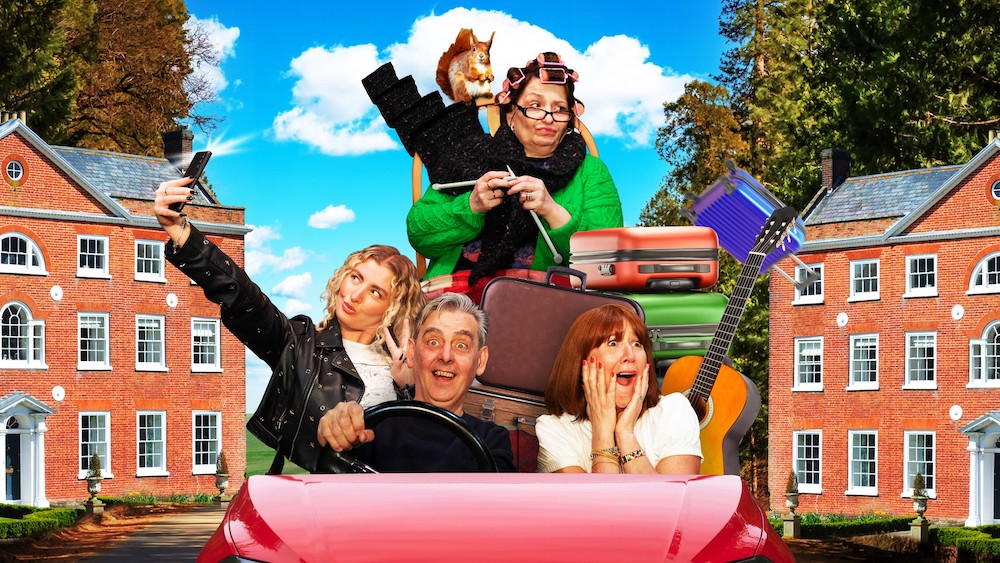
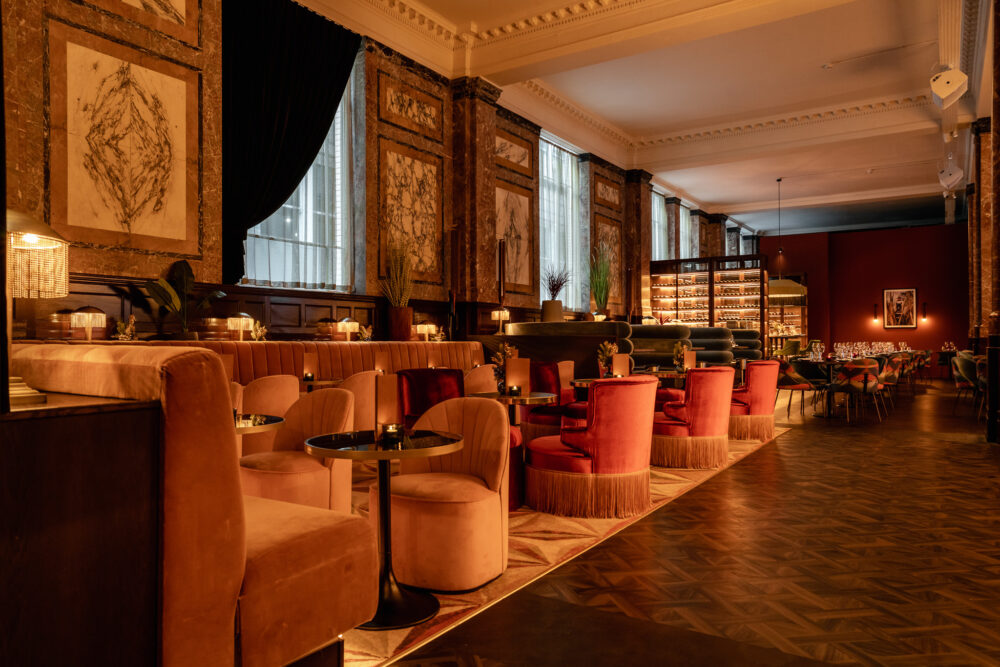
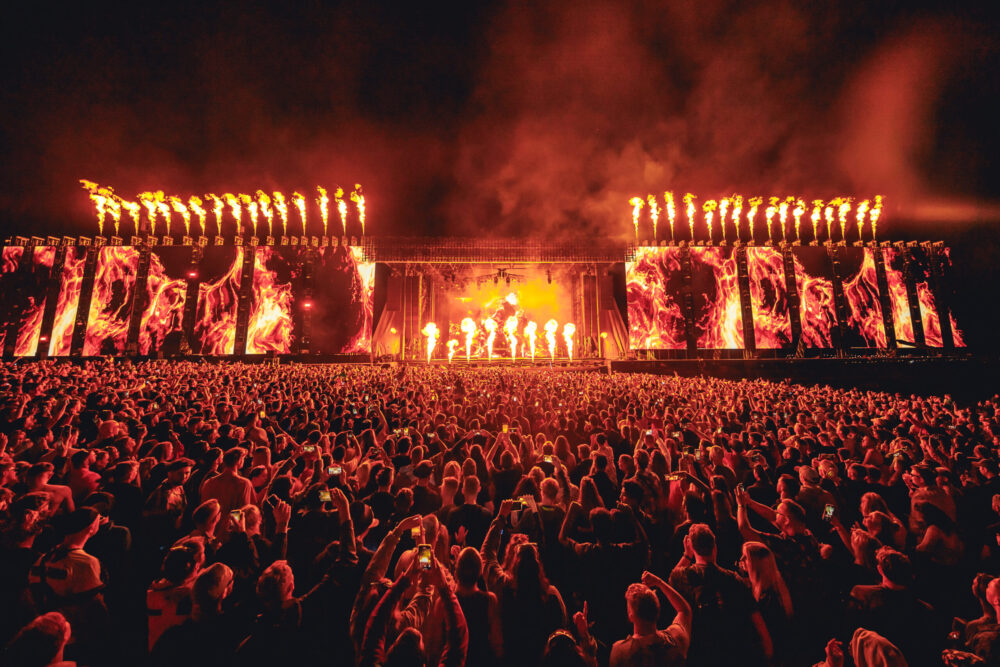
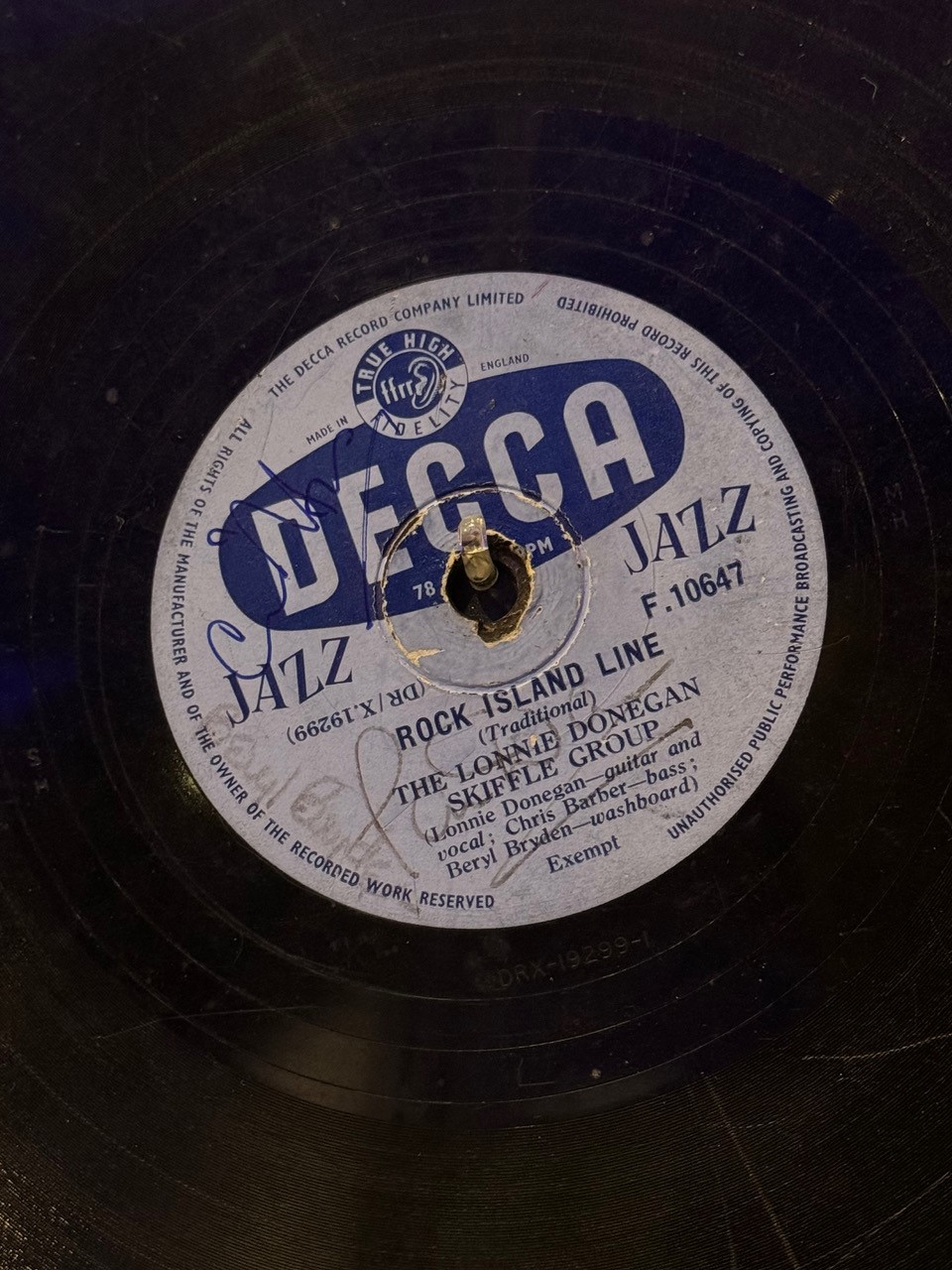
 Subscribe
Subscribe Follow Us
Follow Us Follow Us
Follow Us Follow Us
Follow Us Follow Us
Follow Us Follow Us
Follow Us











